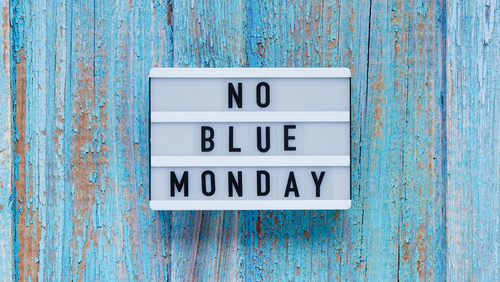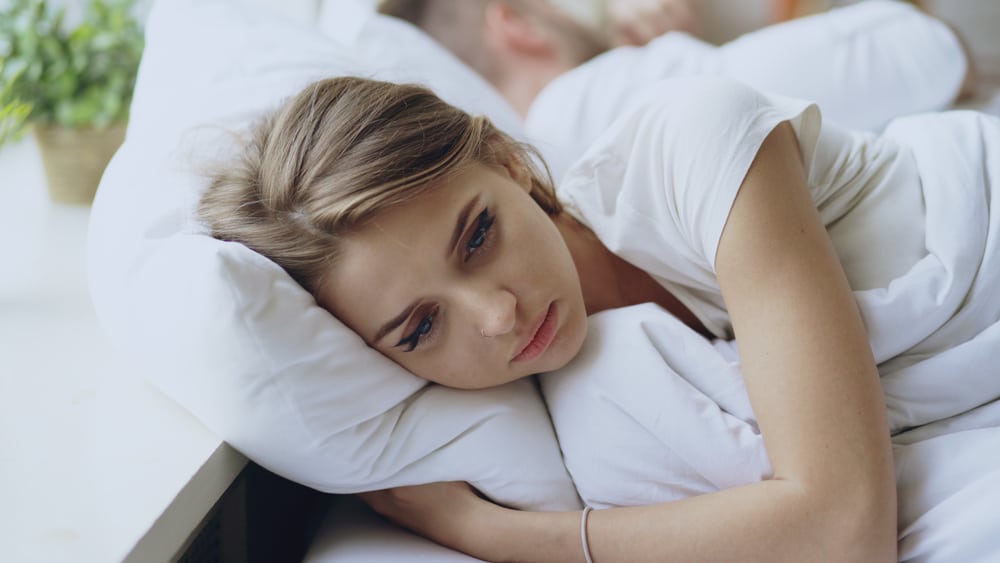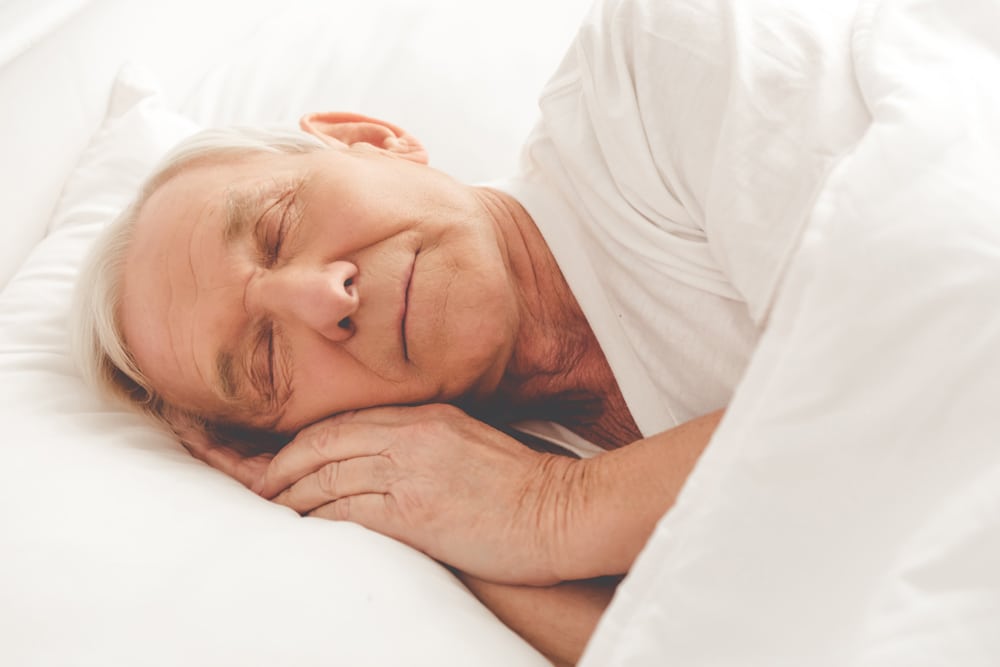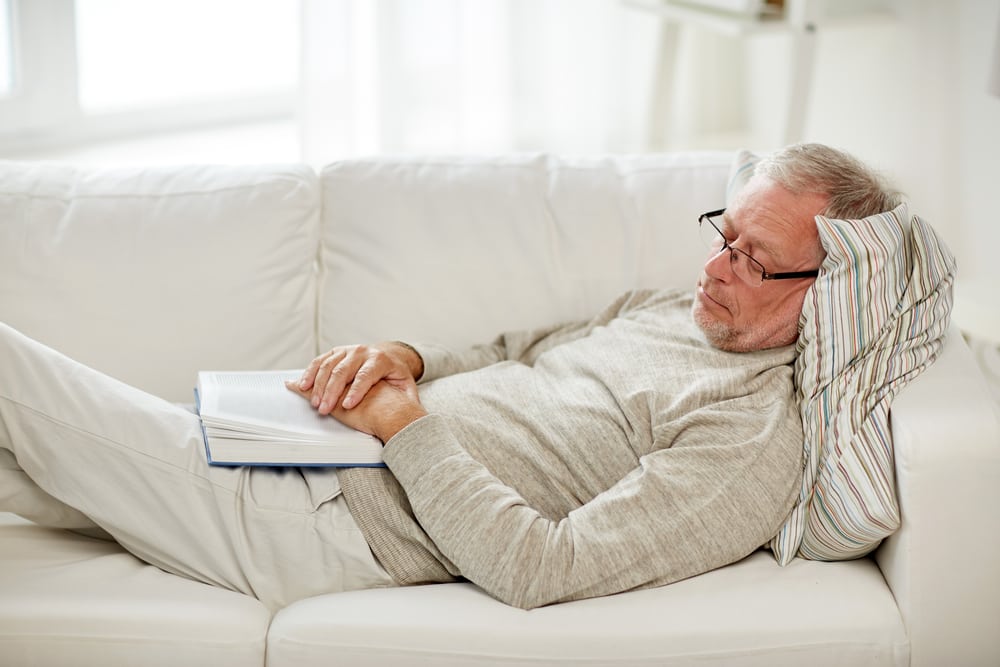Adults who suffer from mental health conditions have over double the sleep problems, compared to the population as a whole. Whilst the traditional clinical view had been that sleep disorders and insomnia were symptoms of mental illness, recent studies have shown that the relationship between sleep and psychiatric disorders is complex and bidirectional. Both conditions can often affect one another, with poor sleep influencing both the onset and the severity of a mental condition. Equally, mental illness can lead to sleep problems. These sleep issues can then be aggravated by the severity of the particular psychiatric episode.
Recent research shows that treating sleep disturbances can have a positive effect on the outcome of the treatment of psychiatric conditions. It is now suggested that sleep problems may even raise the risk for, and even contribute to, the development of episodes of psychiatric disorders.
Those diagnosed with a mental illness find that looking after their sleep and developing a healthy sleep routine helps reduce the severity of their condition. However, science is yet to determine cause and effect – it is still to be proven that long-term sleep deprivation leads to mental illness.
With regards to mental health, sleep is part of what I call the ‘health triad’ with the other two core components diet and exercise.
My Top 7 Tips
Here are my 7 top sleep and health tips… Read a book to get ready for bed
1) Develop a Routine
Have a consistent time to go to bed and wake up. Your brain loves routine.
2) Relax before bed
Meditation, breathing exercises, muscle relaxing techniques, have a bath or read a book; these are all great relaxing activities
3) Technology
Switch it off an hour before bed, as blue light and mental stimulation will keep you awake. Don’t take any technology, including your mobile phone, into your bedroom.
4) Bedroom and light
A bedroom should be like a cave, cool, dark and quiet. Getting a good comfortable mattress is also a key component.
5) Keep a sleep diary
To work out what affects your sleep both positively and negatively rank the quantity and quality of your sleep from 1-5. (Remember to keep a record if you sleep in the day too).
Typical things to note down:
– Time you go to bed
– Interruptions such as sleepwalking, going to the toilet, nightmares, night terrors, if you awake at night, the number of times, the length of time and what you do
– What you eat and drink (especially caffeine) and how late
– The amount of exercise you do
– Any medication you are taking
– Finally, log your general mood and feelings and scale of anxiety from 1-5 too.
6) Diet
We all know that drinking too much caffeine can all make it harder to get to sleep, however alcohol too can cause sleep problems by affecting quality of sleep. In terms of the best diet for sleep a balanced ‘Mediterranean’ diet ensures you get the correct balance of nutrients, which are vital for mental and physical health, with Vitamin D another key component of both mental health and sleep.
7) Exercise
Getting regular exercise has a huge influence on our mental health. Exercise reduces anxiety levels, burns off adrenaline and stress, produces endorphins (the feel good hormones) and helps improve sleep quality and quantity. Exercising outdoors is particularly beneficial, as it boosts your intake of Vitamin D.







